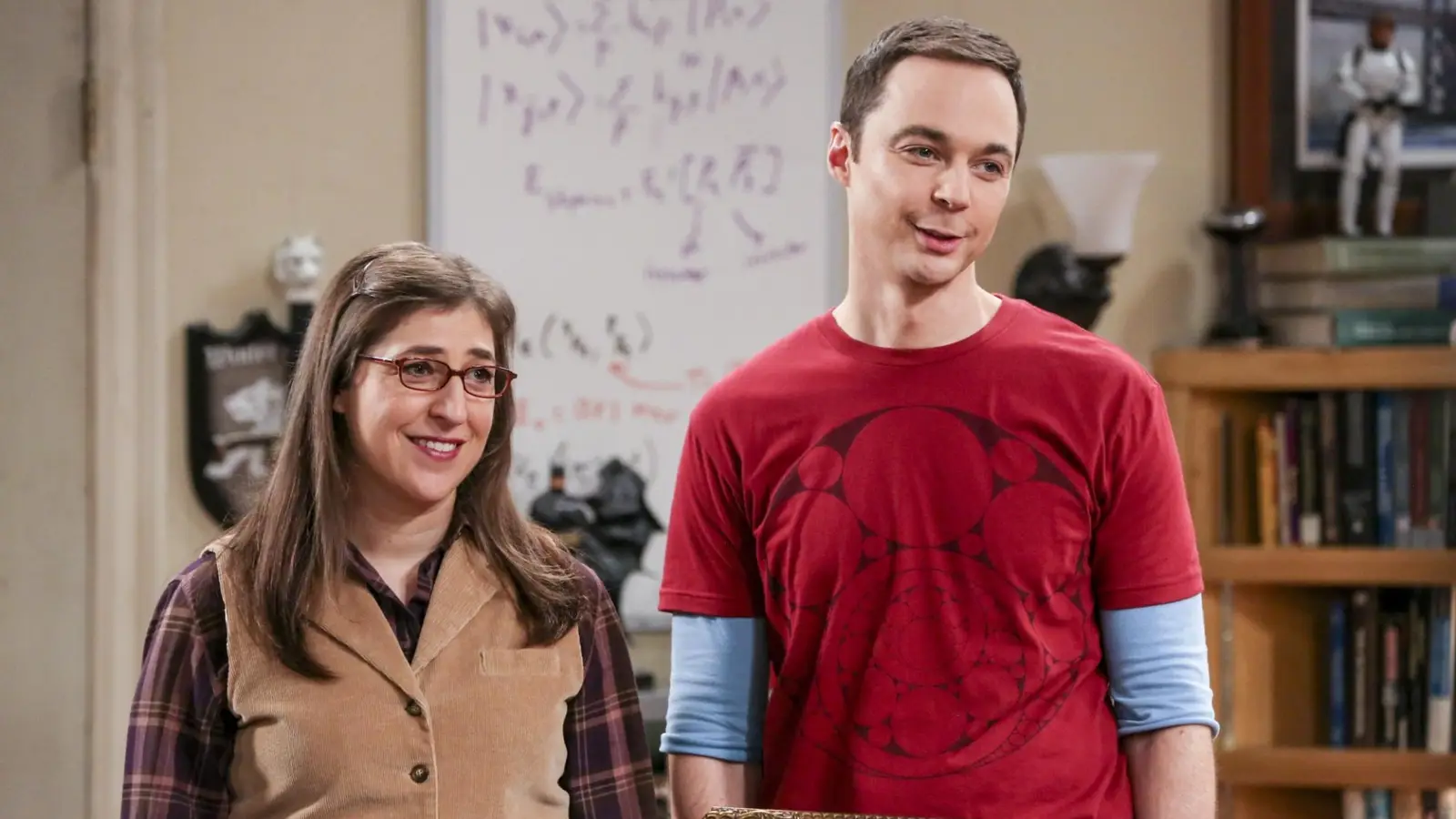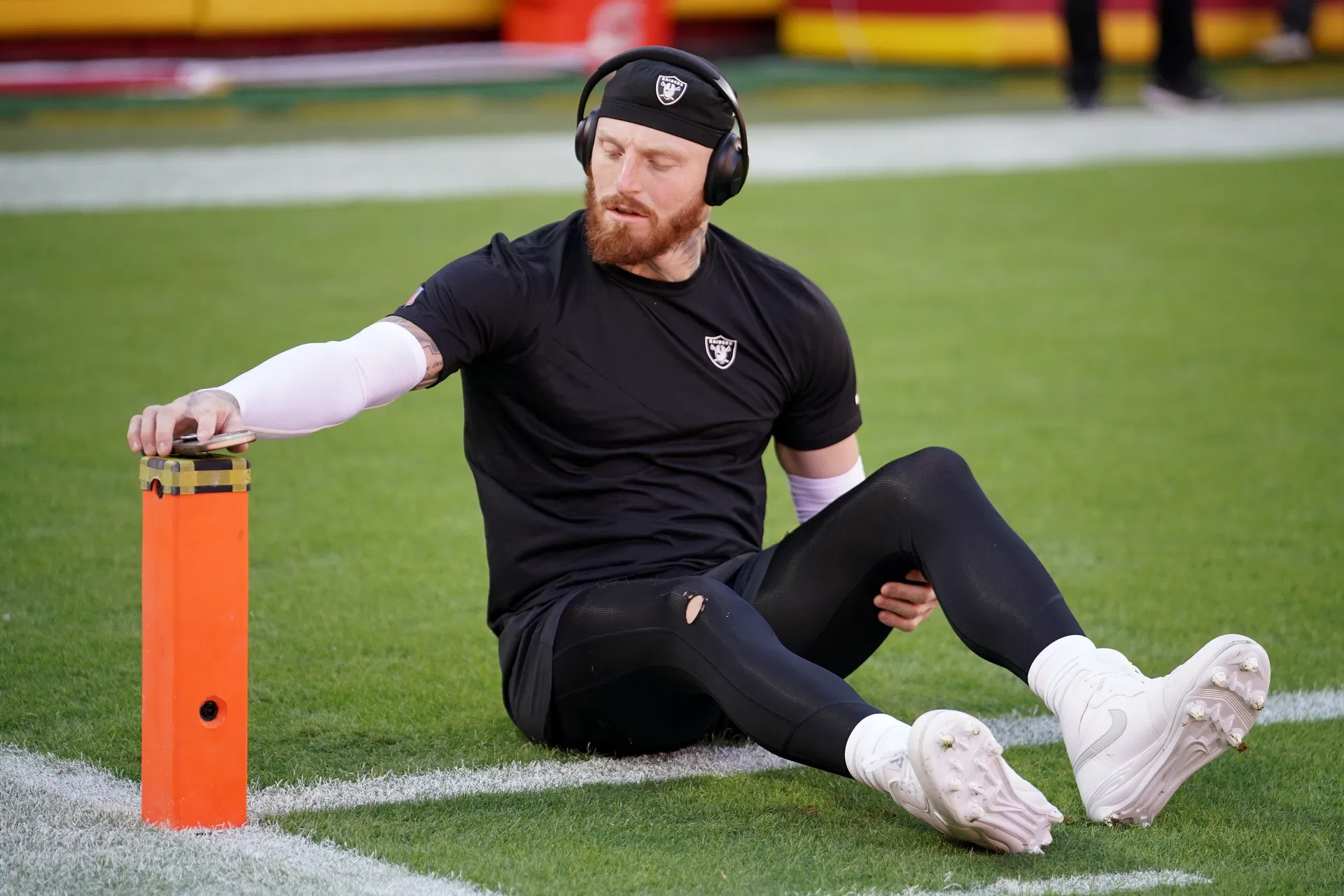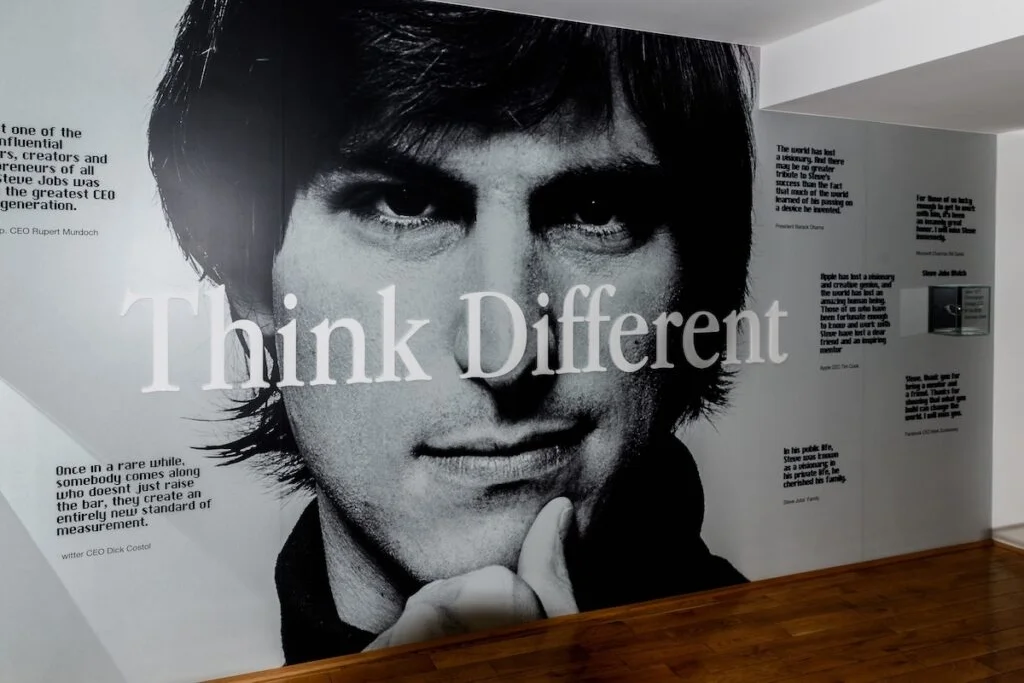Copyright Screen Rant

Few shows have dominated the sitcom landscape quite like The Big Bang Theory. Though it only ended in 2019, fans have already started calling for a reboot. However, not everyone from the cast shares that enthusiasm - particularly Sheldon Cooper actor Jim Parsons, whose decision to leave the show was one of the main reasons The Big Bang Theory ended with season 12 rather than continuing. Parsons has been consistently open about not wanting The Big Bang Theory to return. The actor, who has found further success in the franchise narrating Young Sheldon, recently reaffirmed his stance. When asked about the chances of a TBBT reboot, Parsons said: “I can't imagine. Well, I could imagine, but no, I imagine no.” His statement leaves little room for speculation, and contains plenty of truth. While that may disappoint loyal viewers, Parsons is absolutely right about there being no need for a Big Bang Theory reboot. For now, the beloved sitcom is better left as it is, and there are several good reasons for that. The Big Bang Theory Would Have To Reinvent Itself A Second Time To Return A Reboot Would Have To Find An Entirely New Identity To Work For Modern Audiences A Big Bang Theory reboot would face a monumental challenge: it would have to reinvent itself yet again. Even with an entirely new cast, the series couldn’t simply repeat what made it a hit before. When the TBBT premiered in 2007, its humor centered on the awkward brilliance of socially inept scientists like Sheldon (Jim Parsons), Leonard (Johnny Galecki), and their friends, often poking fun at geek culture. That premise worked because, at the time, geek culture was niche. References to Star Wars, Star Trek, and comic books weren’t part of mainstream conversation in the late 2000s. However, by the mid-2010s, that dynamic had shifted. Being a nerd was no longer unusual, and the show had to evolve to stay relevant. Later seasons of The Big Bang Theory leaned less on stereotypes and more on heartfelt character development, emphasizing the personal growth and emotional bonds of Sheldon, Penny (Kaley Cuoco), Leonard, Howard (Simon Helberg), Raj (Kunal Nayyar), Bernadette (Melissa Rauch), and Amy (Mayim Bialik). That evolution was a reinvention in itself, one that worked because it reflected both the characters’ and the audience’s maturation. For a reboot to follow the same trajectory, it would need to rediscover what being a geek means in the modern era. Today, though, fandom and technology are universal. There’s little novelty to be found referencing superhero movies or quantum physics. In short, the cultural foundation that The Big Bang Theory once relied on no longer exists. To resonate with today’s viewers, a reboot would have to find an entirely new comedic hook, one that feels relevant but still retains the emotional spirit of the original. That’s a nearly impossible balance. Reinventing The Big Bang Theory again would mean building something so different that it might not even feel like The Big Bang Theory anymore. Recent Sitcom Reboots And Revivals Haven’t Been Successful Other Sitcom Revivals Prove Nostalgia Alone Isn’t Enough To Make A Reboot Work The odds are already stacked against any Big Bang Theory reboot, because the track record for modern sitcom revivals isn’t encouraging. Over the past few years, shows like That ‘90s Show, Frasier, and How I Met Your Father have all tried to recapture the magic of their predecessors, and most have struggled to find an audience. That ‘90s Show had the nostalgia of That ‘70s Show, but its new cast couldn’t match the chemistry or cultural timing of the original. Frasier’s 2023 revival had charm, but critics noted that it lacked the emotional and intellectual spark that made the 1990s version iconic. Meanwhile, How I Met Your Father was canceled after just two seasons, proving that even established fanbases can’t guarantee long-term success. Sure, there are exceptions, like the acclaimed 2025 King of the Hill revival, but those are rare cases. Most attempts to reboot beloved sitcoms end up reminding audiences how special the originals were. The Big Bang Theory continues to thrive on streaming, drawing new viewers and rewatchers alike. Fans who crave the show’s signature mix of sharp humor and emotional warmth can already revisit the full 12-season run anytime they want. A TBBT reboot wouldn’t add much to that legacy. If anything, it risks diluting what made the original series such a standout success. Sometimes, nostalgia works best when it’s left untouched. It’s Still Too Soon To Bring Big Bang Theory Back The Big Bang Theory’s World Is Still Alive Through Its Spinoffs - There’s No Rush To Reboot It Even if a reboot could find a fresh identity and avoid the pitfalls of other sitcom revivals, the timing just isn’t right. The Big Bang Theory ended in 2019, barely six years ago. Since then, fans have already had Young Sheldon, which ran for seven seasons, and the upcoming spinoff Stuart Fails To Save The Universe is keeping the franchise alive. It’s hard to miss a show that never truly left. Between streaming reruns, memes, and a successful prequel, The Big Bang Theory is still part of pop culture. A full reboot now would feel redundant. Compare that to the hype around Malcolm in the Middle and Scrubs potentially returning. Both shows ended well over a decade ago, giving fans time to build genuine nostalgia.



